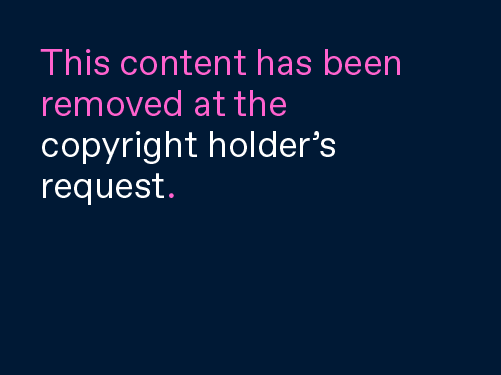
I should have averted my eyes, I know. It’s my own fault for looking, and I’d only bought a copy of heat because I’d already read this week’s You. But once you’ve read a statement like “Move aside, Lady Gaga: Justin Bieber has taken the reigns as the most powerful person on Twitter!” you just can’t un-see that. When basic spelling errors start appearing in magazines read by impressionable young sales people called Candice or Jade, you know that civilisation is circling the plughole and there’s nothing you or I can do about it.
Normally, you can prevent these kinds of horrible encounters. You can stay away from Facebook or Twitter, refuse to read work emails, and generally eschew the company of stupid people. But it’s getting harder and harder to avoid the kind of egregious grammatical confusion that now infests our media and advertising.
This is what bugs me, you see. Not the fact that people make these mistakes, which is to be expected, but the fact that people whose job it is to not make these mistakes still get it wrong. Ads and magazines are written — supposedly — by people specially trained in the correct use of the language. They’re supposed to be checked by copy editors and signed off. And yet more and more ads, especially those on radio, are full of the kind of basic errors that would have seen my Std 5 English exercise book covered in red crosses.
Now, the urge to correct spelling is nothing new. The trenches of Twitter are patrolled by a vast army of grammar Nazis, and the war on Your vs You’re has been going on for years now. There are Facebook groups devoted to it. Google it and you’ll get over 1.6 billion hits; some rapper even made a video about it to the tune of Gotye’s someone that I used to know, which got 1.8 million YouTube views. (Clearly, it’s an issue.)
But there are other contenders sneaking in, other sources of confusion that are gradually infiltrating the words we see and hear, and becoming so prevalent that soon there will be no distinction between right and wrong, and we will be faced with grammar anarchy (grammarchy, if you’re looking for yet another portmanteau to add to the collection).
These are the ones that worry me the most:
Reign vs rein. As the heat example above demonstrates, reign and rein are now so completely confused that one might as well give up and let the forces of darkness take over. But just for the record: it’s a riding term, so it’s give someone free rein, not free reign. The troglodytes should not be given free rein to reign over us etc.
Less vs fewer. Less is not more. Less is used for things that aren’t measurable in individual increments, like water. Less water, fewer bottles of water.
Amount vs number of. Same problem. Nobody seems to understand that if you can list things — like cars, or accidents, or traffic jams as a result of a number of cars encountering other cars in a number of accidents, you use “number of” not “amount of”.
Loose vs lose. My old pet hate, it’s been around for so long now that I no longer have the emotional energy to invest in caring about it.
Does any of this really matter? Perhaps not. But somehow, as someone who works in communication and who loves words, and who believes that they matter, I can’t let go of the idea that there’s some kind of injustice here. That if we let the gossip magazines and radio ads get away with misusing them, all of us who use the language lose out.
I refuse to stand back while Justin Bieber takes the reigns.


